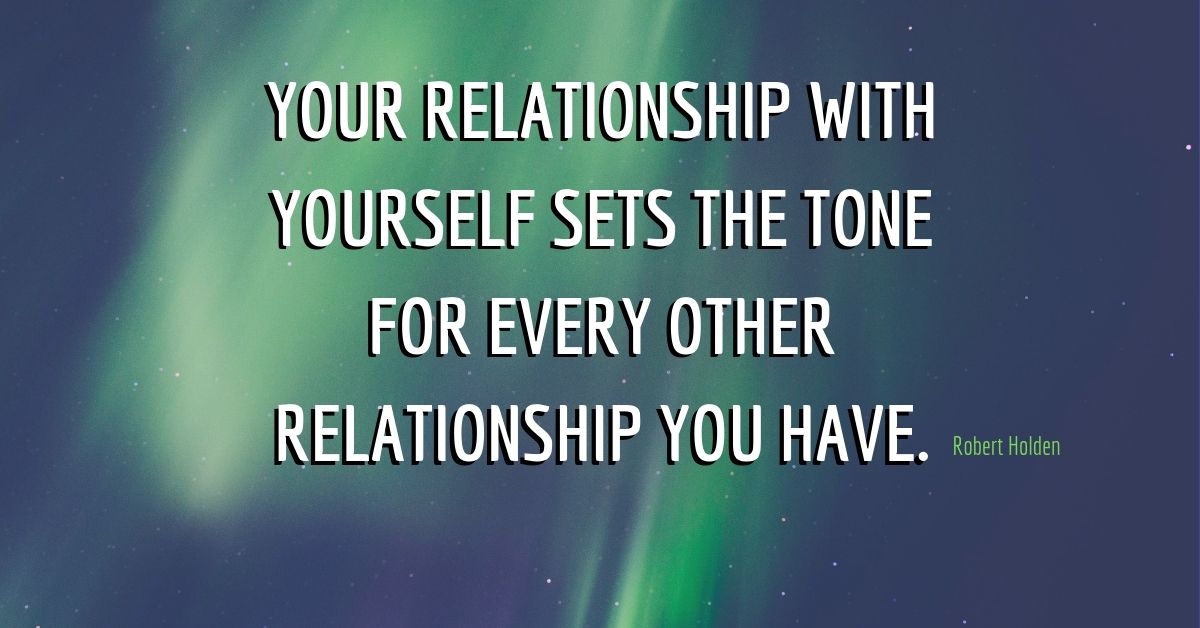It’s frustrating how passive we can be in the midst of poor treatment.
For instance, there are those in management positions who seem to hold themselves with the ‘authority’ to treat others disrespectfully.
But let’s face it – if it were easy to stand up for ourselves, we would.
Ultimately, when we stand up for ourselves, we’re bettering ourselves, then why is it sometimes difficult to do?
Human nature is complex in itself.
Some hesitation comes from the thought that we’ll embarrass ourselves. That we’ll be ostracized by co-workers, friends, or family. That their will be an ugly fall out where we’ll lose our job or make a scene.
Examples of this might include:
• Feeling powerless when encountering a bully in the workplace
• Your boss always assigns you the projects that no one wants
• Not calling someone out for following through with what they promised
At the moment it might not seem like a big deal, but over time, these incidences teach other people how to treat us.
To teach other how to treat us, it begins with ourselves. It’s a rippling effect that if someone treats another person with respect, they should begin to reciprocate.
If leading by example doesn’t pan out, then one might need to be more outspoken.
Teaching others how to treat us might include setting rules or boundaries. For someone to know how they’ve like to be treated, certain things may need to be stated or made clear for all to hear.
Leaders are conscious of how they treat others through monitoring their words and actions.
Rather than judging people by their past, they stand with them to build their future.
“Treat everyone with kindness – not because they are kindhearted, but because you are.”
Besides money, benefits, or even job security, what most people want out from work is to be treated with respect.
Teaching someone how to treat you doesn’t happen in a day, a week, or even a month. It is something that is built upon trust, practice, and patience - each relationship is different.
When you start clarifying what you will/won’t accept, there’s a chance that some people won’t stick around.
At that point, you’ll need to ask yourself what’s in your best interest – a relationship at the cost of you and your well-being, or a relationship that isn’t healthy or productive.
Whatever it is you work to improve; the requirement will be the same: discomfort. Something that won’t come naturally.
It’s hard to work in a toxic environment, which is why it’s important to refuse being treated with anything less than yourself.
Not believing in our own worth, can cause us to settle for far less than we deserve.

